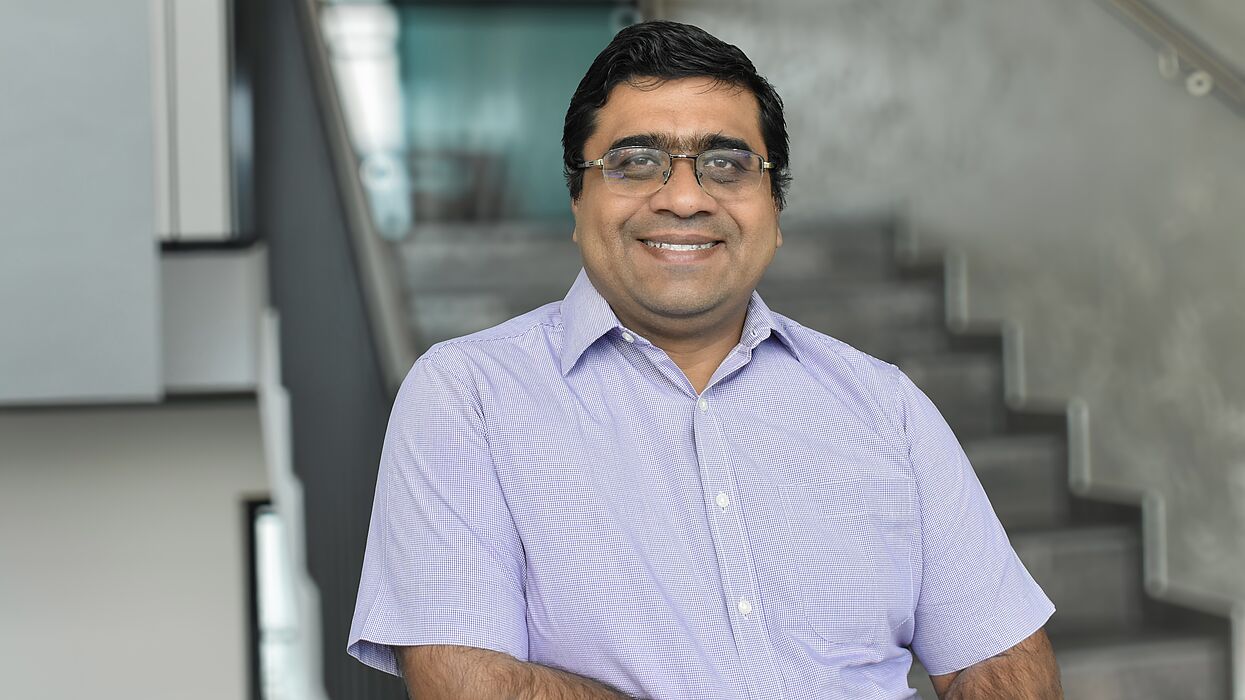Dr Muhammad Awais, a remarkable researcher in the field of computer science, shares exciting insights into his academic career, his research interests and the challenges and successes along the way in an interview. Born and raised in southern Pakistan, Dr Awais began his career as a lecturer at a public university in Pakistan before starting his PhD in Computer Science at Paderborn University in 2016 on a fully-funded scholarship.
Dr Awais' main research interests lie in the field of computer architecture, particularly in approximate computing. He specialises in the development of efficient circuits that allow for small inaccuracies in order to save energy and resources. He was recently honoured for his work with a prestigious Best Paper Award at the IEEE Computer Society Annual Symposium on VLSI. In his award-winning paper, he presented the "DeepApprox" framework, a software tool for the automated generation of approximated circuits. The special feature of "DeepApprox" is the use of deep learning to generate efficient evaluation functions for the quality of the generated circuits. By using these evaluation functions, many extremely time-consuming simulations can be avoided, resulting in approximated circuits with considerable savings in energy and chip area. Prof. Dr. Marco Platzner, head of the Computer Engineering group, emphasises: "This Best Paper Award is a great distinction and at the same time a huge motivation for Dr. Awais to continue his innovative research in this DFG-funded basic research project."
During his scientific career in Germany, Dr Awais had to overcome not only academic but also personal challenges. For example, it was initially difficult to bring his family to Germany, and the language barrier was also a hurdle. Nevertheless, he describes Germany as an ideal environment for his academic career, particularly due to the first-class research infrastruture and work-life balance. Important milestones in his career were the receipt of the DAAD/HEC scholarship and the successful completion of his doctorate, which was sponsored by a final scholarship from Paderborn University.
Dr Awais emphasises how important it is for international researchers to prepare for life in Germany, especially by acquiring German language skills. He recommends taking a close look at the family situation before arriving, as integration can be challenging for the whole family. He also emphasises the importance of networks and interdisciplinary research projects for academic success.
In the long term, Dr Awais plans to further expand his expertise in the field of hardware optimisation and approximate computing. He would also like to participate more in interdisciplinary research projects and deepen his collaboration with international researchers.
Dr Awais' story is an inspiring example of the opportunities that Germany offers international researchers and demonstrates the importance of scientific exchange and support from research institutes.

